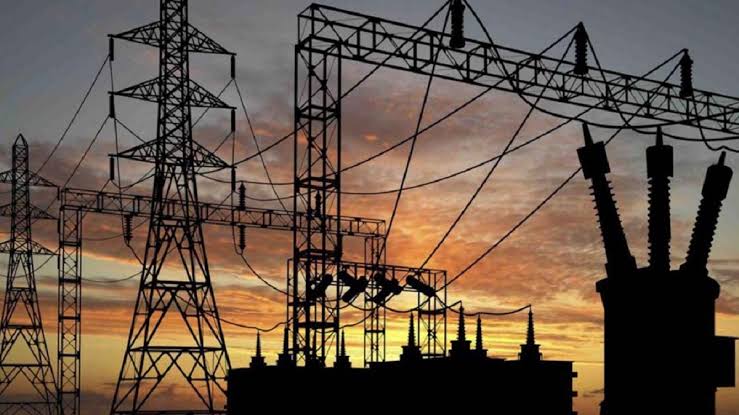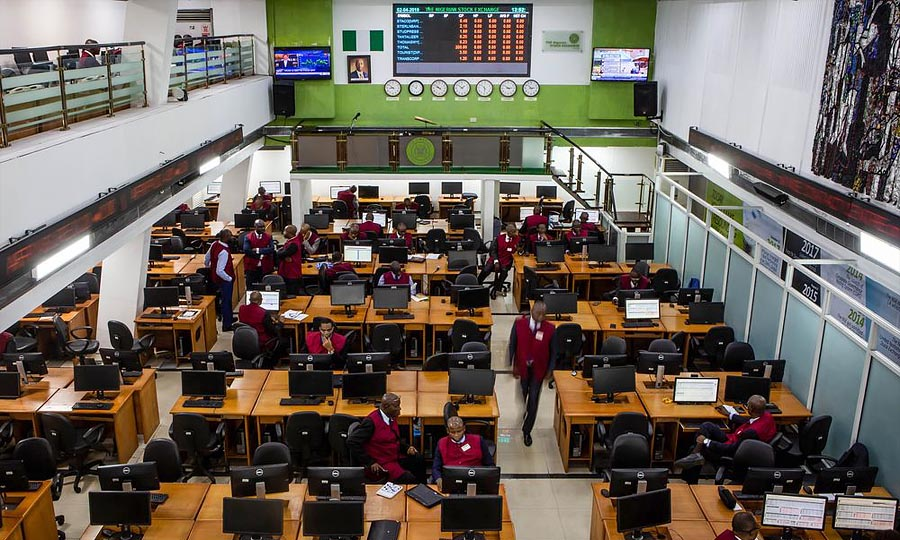Ayomide Oladapo
A tailor in Lagos leaves half-finished clothes on her table. The lights are out again. Her small generator has run out of fuel, and the cost of refilling it is too high. Another day’s income is lost.
At the other end of the spectrum, a fintech keeps its servers running by diverting capital into generators. A leading Nigerian fintech CEO recently wrote on X about the “unproductive use of capital” his company has endured: the cost of buying, fuelling, and maintaining generators for 16 years. It is a cost, he noted, “none of my peers in developed countries have to worry about.”
From the market stall to the corporate office, the story is the same: unreliable power forces businesses to scale back ambitions and focus on survival.
More than 90 million Nigerians live without electricity, the largest access deficit in the world, according to the World Bank. Even for those connected, reliable power remains elusive. A representative survey of rural and peri-urban households found that the average grid-connected household receives just 6.6 hours of power a day. A nation cannot be Africa’s economic powerhouse if its homes and businesses remain powerless.
Fragile Grid, Failing Growth
Nigeria’s electricity grid has never carried more than six gigawatts. For context, Bangladesh, a smaller country and, until recently, a poorer one, transmits nearly three times as much. The comparison is not exact. Bangladesh invested heavily in imported gas and in industrial clusters, creating a robust market for power generation. But the gap highlights how little progress Nigeria has made.
When the grid collapses, electricity cannot flow from producers to consumers. Distribution companies are left with less power to sell, and generation companies earn less for the electricity they produce. With weak revenues and delayed payments, producers hesitate to invest. The result is a cycle of under-supply and under-investment that keeps the grid fragile.
To cope, businesses fall back on self-generation, often through diesel generators. According to the Nigerian Energy Commission, Nigerians spend approximately $22 billion annually on generators and fuel. Larger firms can pass some of that cost on to customers. Smaller firms often cannot. The barber trying to keep his clippers running or the cassava processor relying on cold storage loses business. Every failure is local. Together, they add up to a national crisis.
Pathways to Progress
There is no single switch that will fix Nigeria’s power problem. But some steps can begin to turn the tide.
Decentralisation is one. Until 2023, only the federal government could operate the grid. That monopoly was altered by two key reforms: a constitutional amendment in March 2023 and the subsequent Electricity Act 2023, which granted states the legal authority to generate, transmit, and distribute power. This matters because demand is uneven.
Lagos alone accounts for over 20 per cent of national demand, according to PwC. With the new framework, states no longer have to depend entirely on federal action. If Lagos, Rivers, or Kano expand supply, they could show reform in practice.
Diversification is another. For decades, the national grid was the only option. Now, solar mini-grids power villages and markets that were never reached by transmission lines. The Rural Electrification Agency (REA) estimates that more than 100,000 households and small businesses rely on these solar systems.
For a family, this can mean a fan running through the night so children sleep instead of swatting mosquitoes. For a seamstress, it means steady power for her sewing machine and hours of paid work gained. These off-grid systems work for households, schools, and small enterprises. Heavy manufacturers, though, still need large-scale supply. Nigeria’s untapped gas reserves could provide a tailor made solution.
Financing and regulation are also critical. Electricity is capital-intensive, but investors lack confidence that they will be paid. The Nigerian Bulk Electricity Trading Company (NBET) still carries significant unpaid obligations to generation companies. The World Bank estimates that inefficiencies and unreliable supply cost the sector about $25 billion each year. Distribution companies also lose up to 50 per cent of the total power generated due to technical faults, theft, or non-payment.
PwC highlights non-cost-reflective tariffs and weak contract enforcement as top concerns for investors. Clearing arrears, reducing losses, and enforcing payment discipline would send stronger signals to capital markets.
Other countries demonstrate what is possible. In Kenya, a feed-in tariff policy guaranteed predictable prices for renewable producers, while a Geothermal Development Company absorbed early-stage risks. These measures encouraged private capital and shifted the energy mix. Today, nearly 90 per cent of Kenya’s electricity comes from renewable sources, making the supply more reliable and affordable.
South Africa faced the opposite: an ageing coal fleet and a state-owned utility, Eskom, unable to meet demand. To break the cycle, the government launched the Renewable Energy Independent Power Producer Procurement Programme (REIPPPP) in 2011. Through competitive auctions, private developers bid to supply renewable power under long-term contracts, giving investors confidence. The programme has since contracted more than 6 GW of capacity and attracted over $16 billion in investment. Even amid rolling blackouts, transparent, rule-based reforms delivered measurable results.
Each case shows the same lesson: reliable power draws investment, reduces costs, and unlocks growth. It also illustrates how bespoke solutions, considering the unique factors within Nigeria, can be applied to sustainably solve our power challenges. A lot of which has already commenced. Nigeria has never lacked ideas. It has lacked execution.
Cost of Staying Powerless
The cost of failure is measured in both micro and macro terms. On the micro level, the tailor stops work, the farmer loses chilled produce, and the fintech pays a diesel premium. PwC’s 2024 MSME Survey reports that unreliable power is the highest operational cost for small businesses, with one in five citing it as a significant barrier to growth. For a small shop, that margin can decide whether it survives. For a start-up, it can mean delaying hiring or shelving expansion.
On the macro side, unreliable power weakens Nigeria’s competitiveness and pushes investment elsewhere. Despite its size and talent pool, Nigeria has struggled to anchor global investment. For example, in 2019, Microsoft opened Africa Development Centre sites in both Nigeria and Kenya.
However, by 2024, it had closed the Nigerian office and shifted its focus to Kenya, where it is now building a $1 billion geothermal-powered data centre in partnership with G42. The Kenyan project emphasises renewable baseload power, underlining the importance of reliable energy to long-term investment decisions.
The result is that opportunities Nigeria might have claimed are realised elsewhere. UNCTAD data shows that Nigeria attracted only $1.87 billion in Foreign Direct Investment (FDI) in 2023, far behind peers with smaller markets but more reliable infrastructure. Meanwhile, the World Bank estimates that inefficiencies in Nigeria’s power sector cost about $25 billion annually, a figure nearly 14 times greater than the country’s FDI inflows. In Enterprise Surveys, firms consistently cite electricity as one of the most severe obstacles to doing business in Nigeria.
The hidden costs also include environmental and social impacts. A SEforALL and Lagos State analysis estimates that nearly 4.5 million generators in Lagos emit approximately 39 million tonnes of CO2 equivalent annually. This underscores the environmental toll of Nigeria’s reliance on diesel. Hospitals and schools lose hours of service. Food supply chains break down. Every outage erodes both livelihoods and lives.
Powering Homes, Powering Hope
Nigeria’s future as Africa’s economic powerhouse depends on powering its homes and enterprises first. Reliable electricity is the foundation on which entrepreneurs build and the current on which industrial growth runs.
Signals of leadership would include a state government backing SME-focused mini-grids under the new Electricity Act, a federal decision to clear the debts that have hindered investment, and a regulator that enforces contracts with consistency and transparency. Each step would show that light is delivered, not merely promised.
The lesson is clear. A fragile grid holds Nigeria back. A stronger one would power homes, businesses, and growth. To be Africa’s powerhouse, Nigeria must first overcome the grid that holds it down.
•Oladapo is Director of Business Development at Elektron Energy, a leading developer of prime energy infrastructure projects across West Africa



